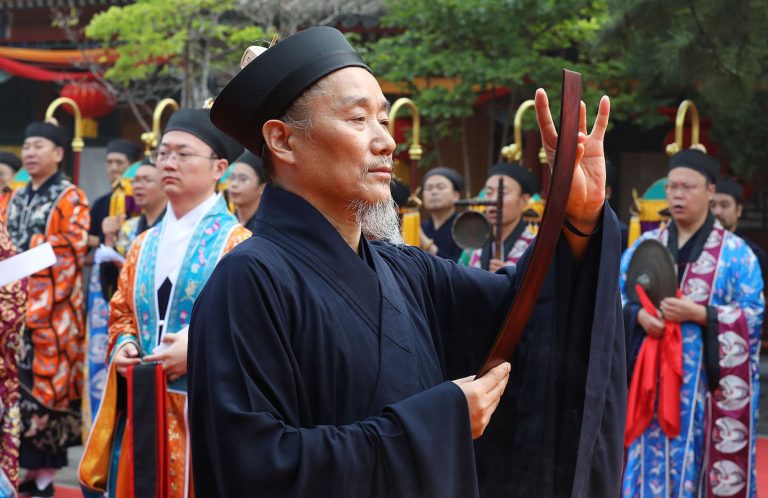This article could explore how the principles of Taoism can be applied in everyday life to promote well-being, harmony, and balance. You could discuss how practices such as meditation, tai chi, and qi gong can help cultivate a calm and centered state of mind, and how Taoist teachings can guide us in making ethical decisions and living in harmony with the natural world.
Taoism is a Chinese philosophical and spiritual tradition that emphasizes the importance of living in harmony with nature and cultivating a sense of balance and harmony in all aspects of life. While Taoism is often associated with esoteric practices like meditation, tai chi, and qi gong, its principles have practical applications that can be incorporated into everyday life. In this article, we will explore some of the ways in which the principles of Taoism can be applied to promote well-being, harmony, and balance.
Cultivating a Calm and Centered Mind
One of the core principles of Taoism is the cultivation of a calm and centered state of mind. This can be achieved through practices such as meditation, which involves sitting quietly and focusing on the breath or a particular image or mantra. Meditation can help reduce stress and anxiety, improve concentration and focus, and increase feelings of inner peace and tranquility. Even just a few minutes of meditation each day can have a significant impact on one’s mental and emotional well-being.
Living in Harmony with Nature
Taoism emphasizes the importance of living in harmony with nature and recognizing our connection to the natural world. This means respecting the environment, reducing our impact on the planet, and cultivating a more mindful and respectful attitude towards the earth and its inhabitants. One way to do this is to spend time in nature, whether it’s going for a walk in the woods or simply sitting outside and observing the natural world around us. By reconnecting with nature, we can gain a deeper appreciation for the interconnectedness of all things and develop a greater sense of gratitude and humility.
Making Ethical Decisions
Taoist philosophy offers guidance on how to make ethical decisions that are in alignment with our values and principles. The concept of wu-wei, or “non-doing,” suggests that we should avoid forcing things or trying to control outcomes, and instead allow events to unfold naturally. This means taking a more passive, receptive approach to life, rather than always trying to exert our will. By doing so, we can develop a greater sense of compassion, empathy, and understanding towards others, and make decisions that are grounded in wisdom and kindness.
Living in the Present Moment
Taoism also emphasizes the importance of living in the present moment, rather than dwelling on the past or worrying about the future. By being fully present in each moment, we can cultivate a greater sense of awareness and appreciation for life’s simple pleasures. This means being mindful of our thoughts and emotions, and focusing on what we can do in the present moment to promote our own well-being and that of others.
In conclusion, the principles of Taoism offer practical guidance for living a more balanced, harmonious, and fulfilling life. Whether through meditation, spending time in nature, making ethical decisions, or living in the present moment, we can incorporate Taoist philosophy into our daily lives to cultivate greater peace, joy, and well-being.


